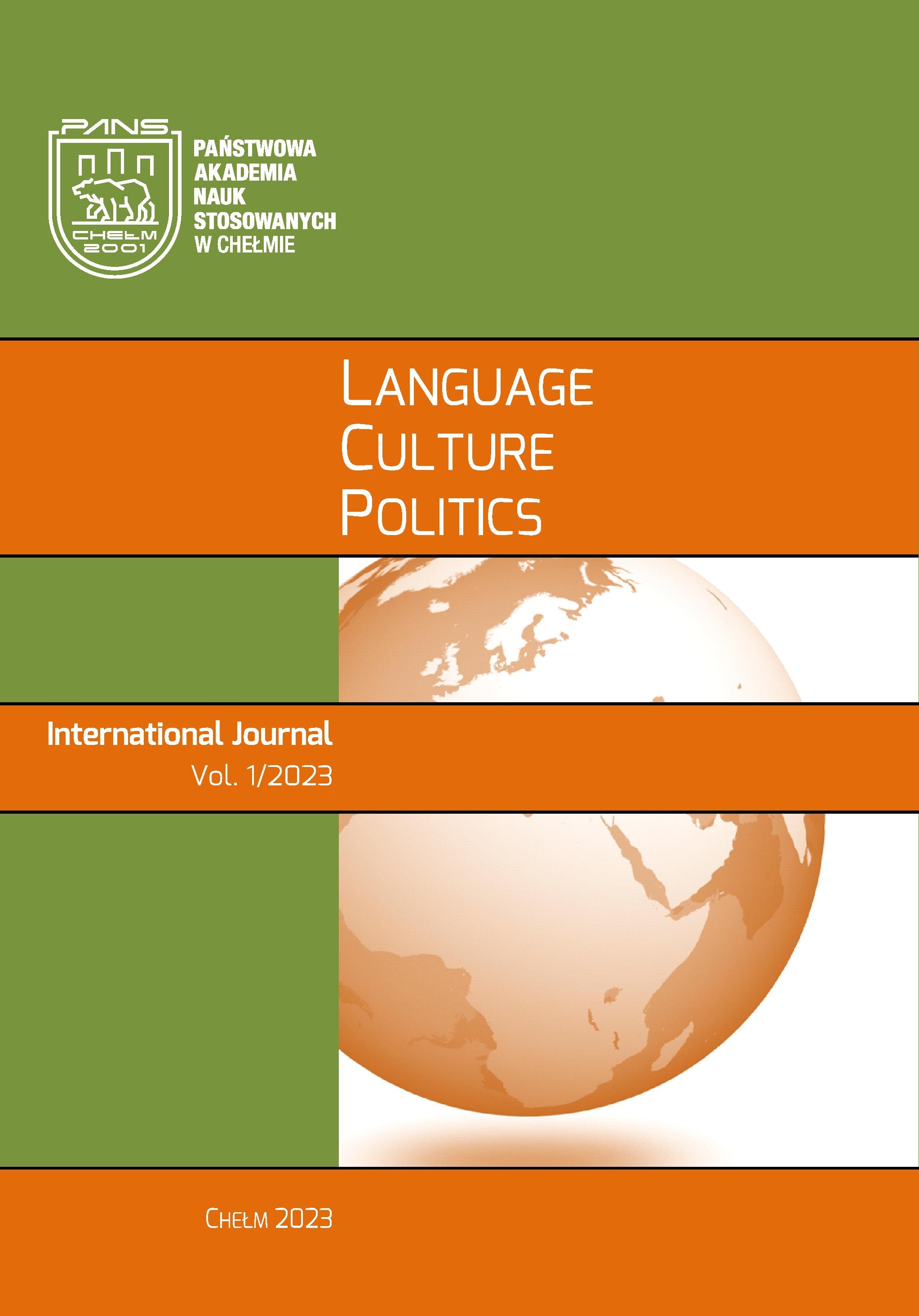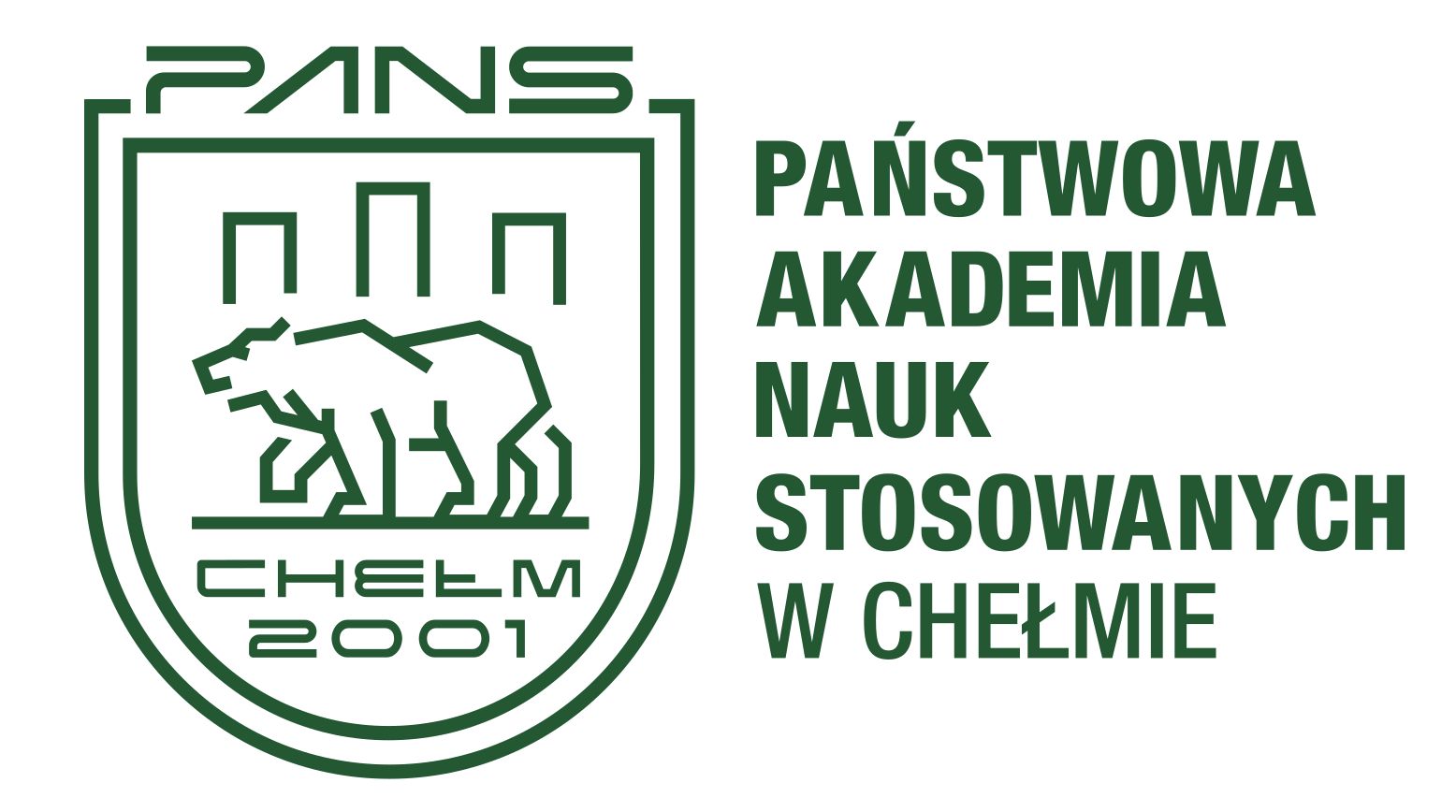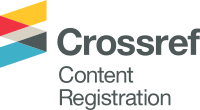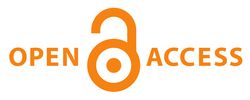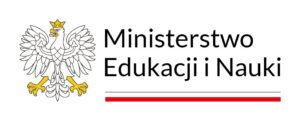Dlaczego tłumaczenie nie jest jedynie kwestią przeszłości: kilka uwag z myślą o przyszłych tłumaczach
DOI:
https://doi.org/10.54515/lcp.2023.1.39-48Słowa kluczowe:
translacja, tłumaczenie, przekład, wielojęzyczność, wielokulturowość, świadczenie usług, kompetencje transwersalneAbstrakt
Istotne dla naszej cywilizacji systemy kulturowe, edukacyjne i profesjonalne zostały sformułowane w postaci tekstowej. Tłumaczenie jest jedyną dostępną metodą ich globalnego upowszechniania. Religie, dzieła literackie, teorie uczenia się czy kultury organizacyjne są „produktami” przekładu. Znaczenie przekładu (translacji) nie jest jedynie kwestią przeszłości. Niniejszy artykuł dostarcza argumentów przemawiających za tym, że procesy translacyjne są dla nas istotne. W aspekcie edukacyjnym tłumaczenie pozwala uzmysłowić sobie, że różnice językowe są podstawą rozumienia tekstu i nadawania mu znaczeń. Korzyści z działalności tłumaczeniowej obejmują też biegłość językową, która jest czymś więcej niż umiejętnością techniczną: uczy rozpoznawania odcieni znaczeniowych wyrazów i realistycznego użycia języka. Te sprawności zapewniają przewagę pracownikom branży kreatywnej, analitykom branżowym i wielu innym specjalistom, których praca opiera się na interakcjach międzykulturowych. Bycie tłumaczem uczy także świadczenia usług, a ta kompetencja określana jest mianem transwersalnej.
Bibliografia
Barthes, R. (1998). S/Z. Trans. R. Miller. Repr. Oxford: Blackwell.
Bassnett, S. (2011). The Translator as Cross-Cultural Mediator.” In: K. Malmkjær, K. Windle (eds). The Oxford Handbook of Translation Studies. Oxford: Oxford University Press.
Brax, S. (2013). The Process Based Nature of Services. Studies in Management of Industrial and Business-to-Business Services. Vol. 60. Aalto University Doctoral Dissertations. Helsinki: Aalto University.
Brüning, N., Mangeol, P. (2020). What Skills Do Employers Seek in Graduates? https://www.oecd-ilibrary.org/content/paper/bf533d35-en, 02.02.2023.
Cronin, M. (2013). Translation in the Digital Age. London: Routledge.
Cronin, M. (2020). Globalisation. In: M. Baker, G. Saldanha (eds). Routledge Encyclopedia of Translation Studies (3. ed.). London: Routledge.
Dam, H.V., Zethsen, K.K. (2008). “Translator Status: A Study of Danish Company Translators”. In: The Translator, vol. 14 (1).
Dam, H.V., Zethsen, K.K. (2011). “The Status of Professional Business Translators on the Danish Market: A Comparative Study of Company, Agency and Freelance Translators”. In: Meta, vol. 56.
Dam, H.V., Zethsen, K.K. (2016a). “‘I Think It Is a Wonderful Job’: On the Solidity of the Translation Profession”. In: The Journal of Specialised Translation, vol. 25.
Dam, H.V., Zethsen, K.K. (2016b). “Who Said Low Status? A Study on Factors Affecting the Perception of Translator Status”. In: The Journal of Specialised Translation, vol. 12.
EMT. (2017). EMT Competence Framework.” Directorate General for Translation. https://ec.europa.eu/info/files/european-masters-translation-expert-group_en, 02.02.2023.
European Commission. Directorate-General for Translation, Sfreddo, C., Pym, A., et al. (2013). The status of the translation profession in the European Union. London: Anthem Press. https://data.europa.eu/doi/10.2782/64819, 02.02.2023.
Geertz, C. (1973). The Interpretation of Cultures: Selected Essays. New York: Basic Books.
Gouadec, D. (2007). Translation as a Profession. Amsterdam; Philadelphia: Benjamins.
Jiménez-Crespo, M.A. (2013). Translation and Web Localization. London: Routledge.
Kujamäki, M. (2020). “Applying Service-Dominant Logic to Translation Service Provision”. In: HERMES - Journal of Language and Communication in Business, vol. 60 (July).
Lévi-Strauss, C. (1963). Structural anthropology. Translated by Claire Jacobson and Grundfest Schoepf. New York: Basic Books.
Lotman, Y.M., Uspensky, B.A., Mihaychuk, G. (1978). “On the Semiotic Mechanism of Culture”. In: New Literary History, vol. 9 (2).
Marín García, Á. (2019). “The Opportunities of Epistemic Pluralism for Cognitive Translation Studies”. In: Translation, Cognition & Behavior, vol. 2 (2).
Milošević, J., Risku, H. (2021). “Situated Cognition and the ethnographic study of translation processes: Translation scholars as outsiders, consultants and passionate participants”. In: Linguistica Antverpiensia, New Series – Themes in Translation Studies, vol. 19. (n.p.).
Nida, E. ([1964] 2000). Principles of Correspondence. In: L. Venuti (ed.). The Translation Studies Reader. London: Routledge.
O’Hagan, M., & Mangiron, C. (2013). Game Localization: Translating for the Global Digital Entertainment Industry. Amsterdam: Benjamins.
O’Hagan, M., & Mangiron, C. (2014). Videogame Localization. Amsterdam; Philadelphia: Benjamins.
Pietrzak, P. (2022). Metacognitive Translator Training: Focus on Personal Resources. Cham: Springer International Publishing.
Risku, H., & Rogl, R. (2022). “Praxis and Process Meet Halfway: The Convergence of Sociological and Cognitive Approaches in Translation Studies”. In: The International Journal of Translation and Interpreting Research, vol. 14(2).
Robinson, D. (ed.). (2002). Western Translation Theory: From Herodotus to Nietzsche. (2nd ed.) Manchester, UK; Northampton, MA: St. Jerome.
Ruokonen, M., Svahn, E. (2021). “Comparative Research into Translator Status: Finland and Sweden as a Case in Point”. In: Perspectives, July: 1–17.
Sako, E., García, O. (2023). Translanguaging, Translation and Interpreting Studies, and Bilingualism. In: A. Ferreira, J.W. Schwieter (eds). The Routledge Handbook of Translation, Interpreting and Bilingualism. London, New York: Routledge.
Tra&Co Group (ed.). (2021). Translating, Interpreting, Cognition: The Way out of the Box. Berlin: Language Science Press.
UNCTAD. (2022). CREATIVE ECONOMY OUTLOOK 2022 Overview: The International Year of Creative Economy for Sustainable Development. New York: United Nations.
UNESCO International Bureau of Education. (2013). Glossary of Curriculum Terminology. Geneva: UNESCO-IBE. http://www.ibe.unesco.org/en/document/glossary-curriculum-terminology, 02.02.2023.
MMR. https://www.maximizemarketresearch.com/market-report/global-translation-service-market/59434/, 02.02.2023.
Statista.com. https://www.statista.com/statistics/257656/size-of-the-global-language-services-market/, 02.02.2023.
ChatGTP. https://openai.com/blog/chatgpt-plus/, 02.02.2023.
LinkedIn. https://www.linkedin.com/, 02.02.2023.
Proz.com. https://go.proz.com/blog/2022, 02.02.2023.
Twitter. https://twitter.com/, 02.02.2023.
